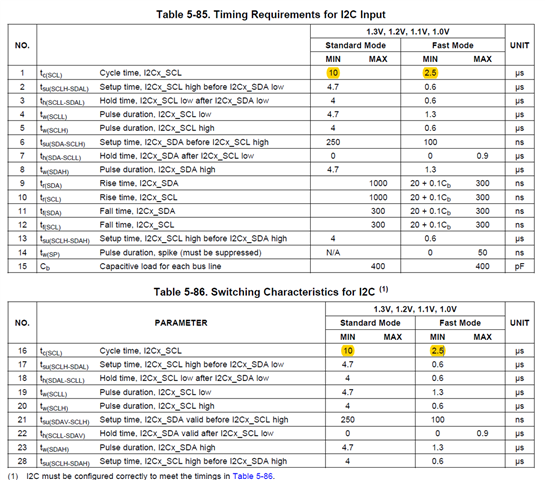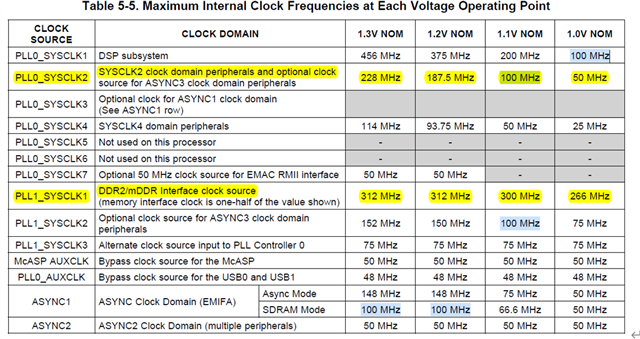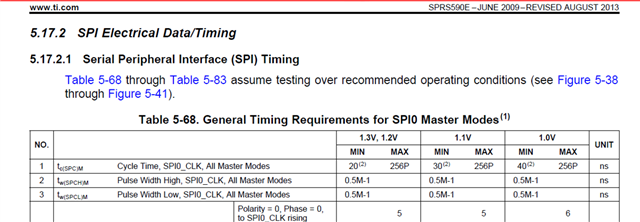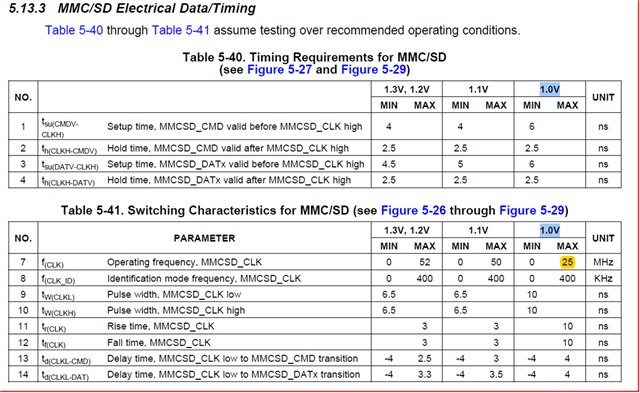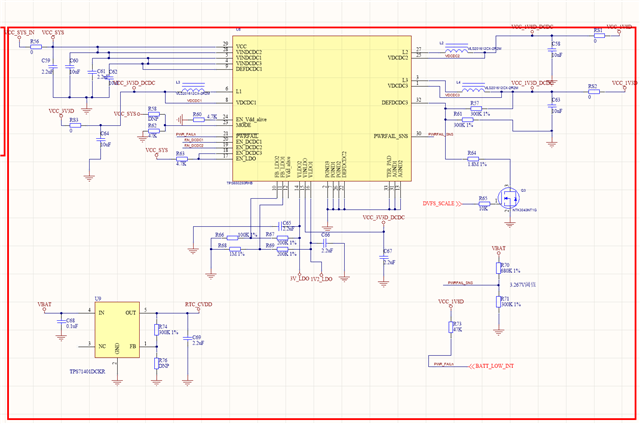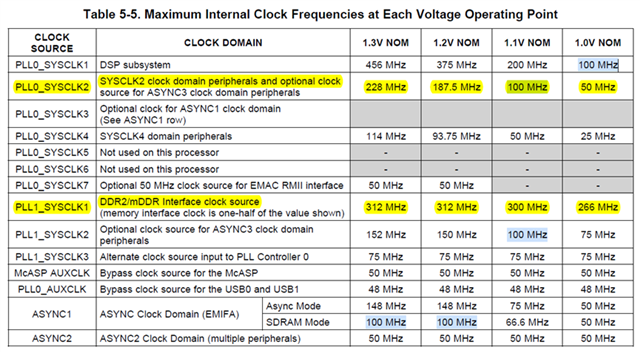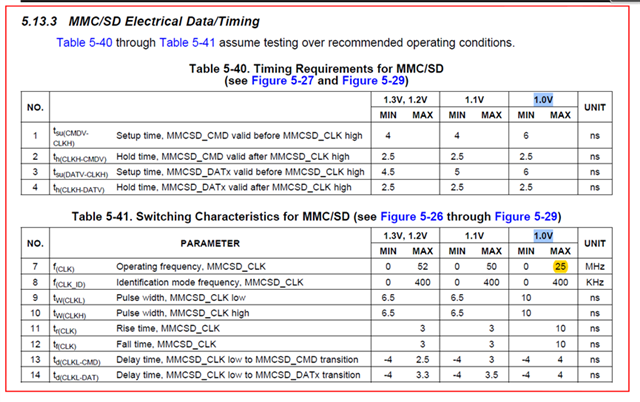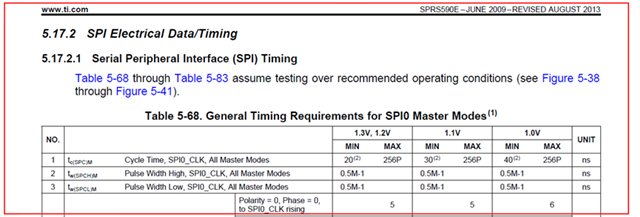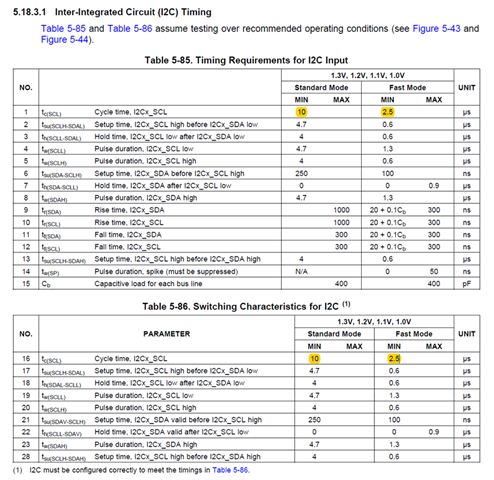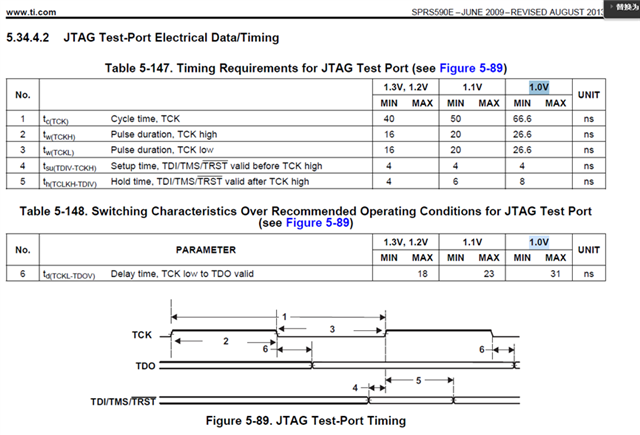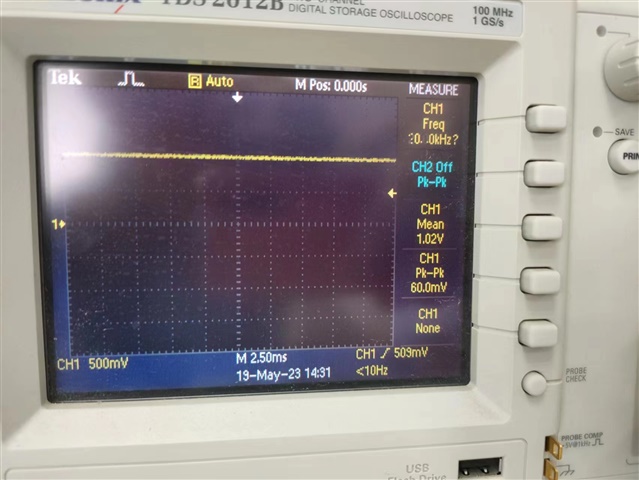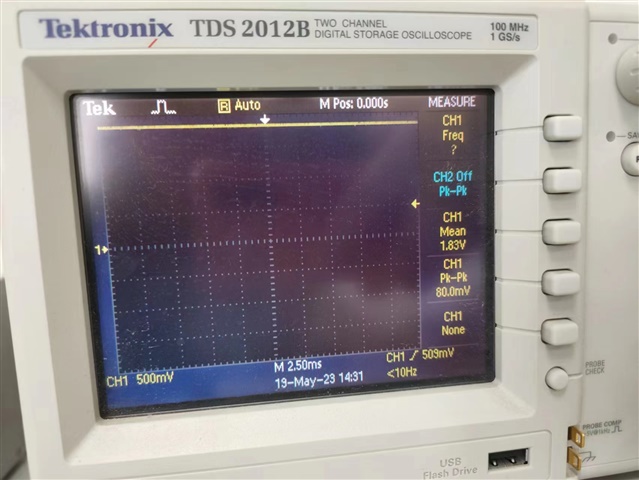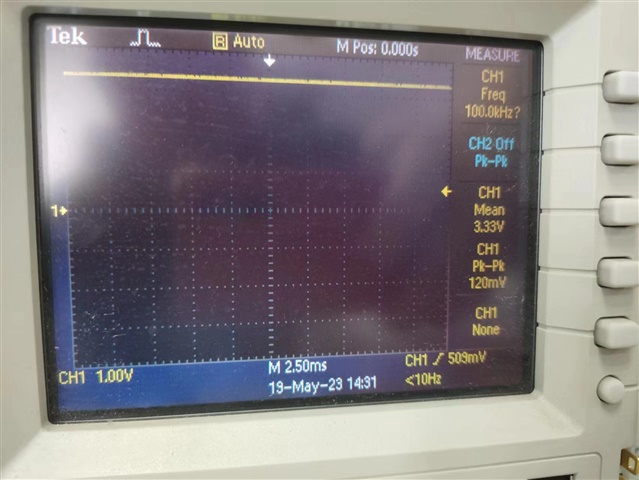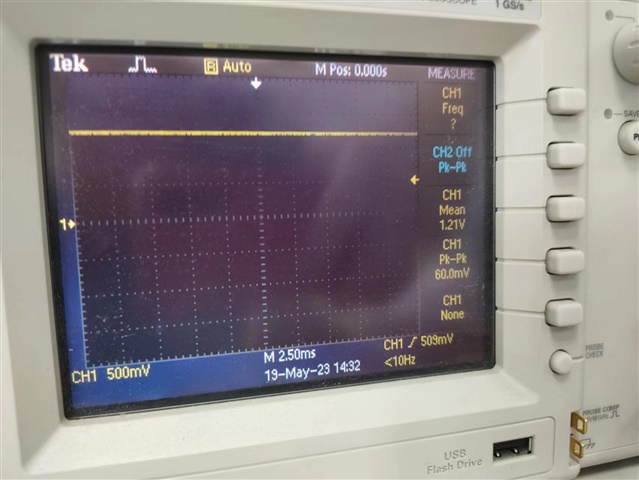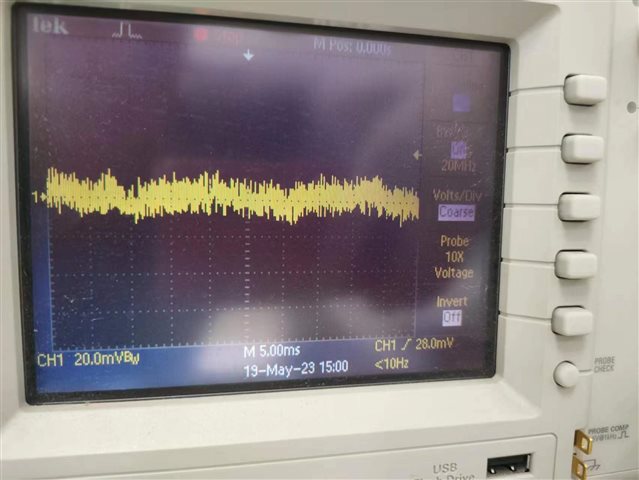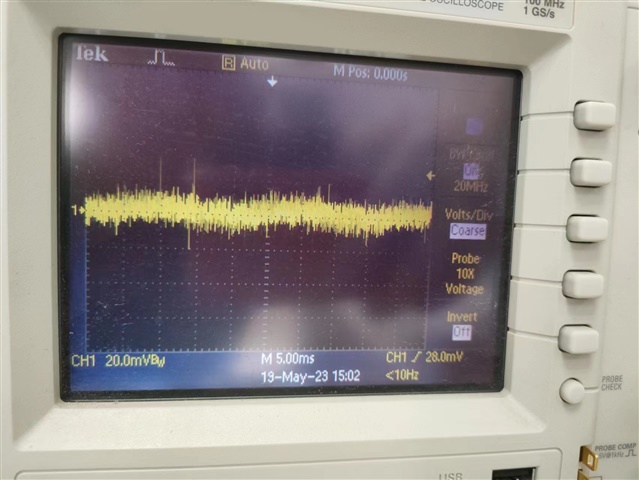Other Parts Discussed in Thread: BQ25890
Hi,
The chip I used in our product is TMS320C6748EZWTD4.
The CPU freq and DDR freq are both set at 80MHz.
RVDD is set as 1.2V.
When CVDD is 1.2V, everything runs OK. Our product can work >10 days stable.
Now, I want to adjust CVDD to 1.0V to save power.
But when CVDD is 1.0V, the I2C sometime timeout, about several times in 24 hours.
The I2C is to control BQ25890 and BQ27441, and if there is a I2C timeout, it always happen when read data from BQ27441.
The test is made with 6 devices, when when CVDD=1.2V, everything goes OK, during 24 hours.
And when CVDD=1.0V, they will get I2C timeout in 3 hours.
The CVDD is the only difference. Why?
Thank you.
Frank


